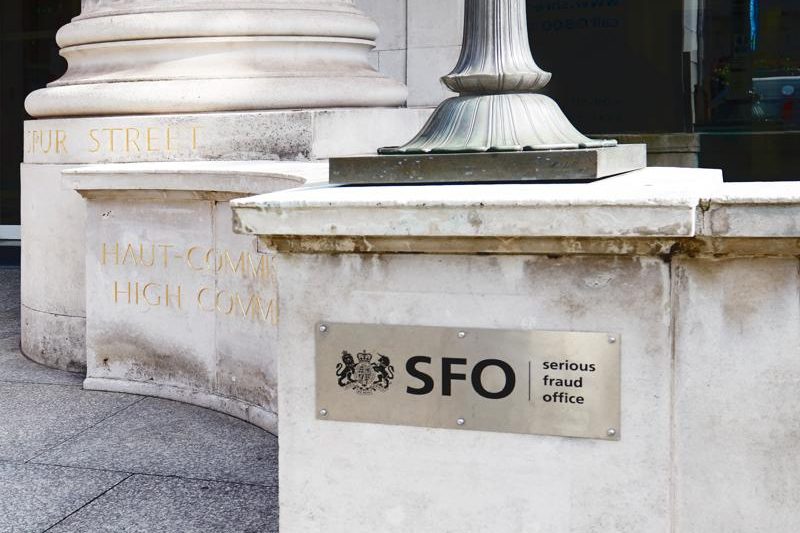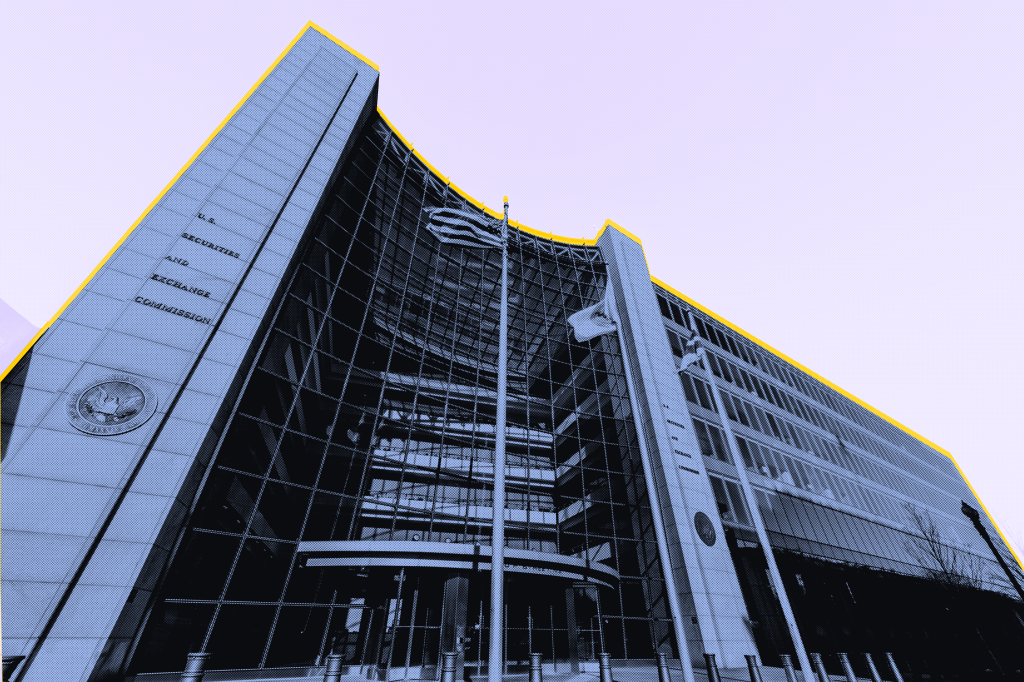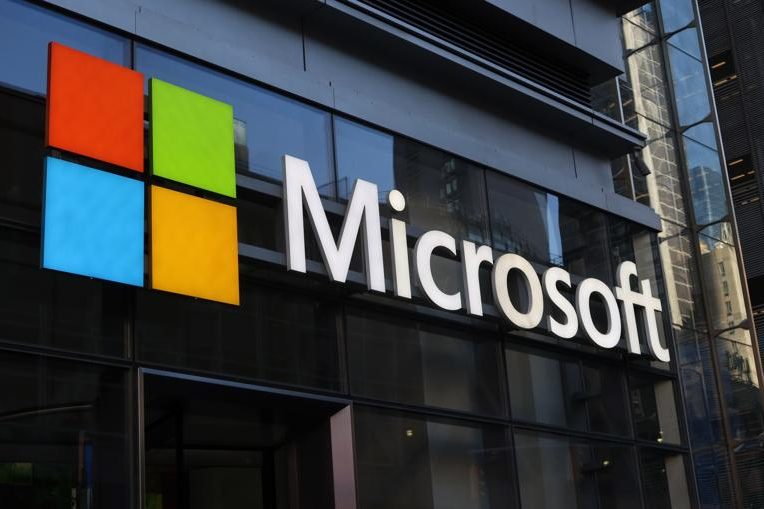With over 1,000 new claims, the Banking and Finance sector topped the rankings for the number of High Court claims filed in any sector in 2023. The sector also remains top for Q1 2024.
The CMS Banking Disputes report 2024 looks at key dispute resolution trends in the Banking and Finance sector, focusing on where, and how, banking disputes are being determined in 2024 and what may lie ahead. The report shines a light on activity across the English courts, important arbitration institutions, and alternative dispute resolution services such as the Financial Ombudsman Service (FOS) and British Banking Resolution Service (BBRS).
The report explains some emerging trends, including a substantial increase in the volume of complaints around motor finance commission payments, and the of future ESG-related action involving financial institutions whether via regulators, activist litigators, or litigation seeking commercial return.
Key takeaways
- 2023 demonstrated the “long tail” of market events with claims still being filed following the collapse of Lehman Brothers in 2008.
- In contrast, there is also evidence of a more recent trend of claimant law firms looking to file claims quickly after market events to establish themselves as the lead claimant firm on a matter.
- The FOS has reduced pending complaint volumes and wait times for decisions over the last year. During 2024, the FOS is expecting a growing number of complaints regarding fraud, a rise in complaints regarding irresponsible lending, a rise in complaints regarding account closures, and at least the same volume of complaints regarding motor finance.
- Use of the BBRS by SMEs remains subdued and the future of the BBRS remains uncertain.
- Various interest groups are calling for a new banking dispute resolution tribunal to be formed.
- Arbitration is consistently used by the Banking and Finance sector to determine disputes. Data from the London Court of International Arbitration (LCIA) shows that the Banking and Finance sector has accounted for 25% of its total caseload on average over the last six years.
Key trends for 2024
Debanking
The report predicts that debanking will remain a hot topic in 2024. The claims data for 2023 shows a number of claims having been filed in the High Court following a termination of a customer banking relationship.
Tom Dane, partner and Head of Finance Disputes at CMS, commented: “The Nigel Farage debanking complaint in 2023 received widespread coverage and has encouraged claims arising from bank account closures.”
The English courts continue to apply conventional principles in considering claims that arise from the termination of a customer relationship. In January 2024, the High Court handed down judgment in Ildar Uzbekov v Revolut Ltd [2024] EWHC 98 (KB) (Admin). The report said the Uzbekov case “put a marker down that these claims need to be carefully considered to determine if the High Court is the appropriate venue for them to proceed.”
The report’s authors noted that it will be interesting to see what happens to the 2023 filed claims and whether similar claims are filed in the High Court during 2024.
Class actions
The report found that class action risk is on the rise in the UK. Banks have historically featured as defendants in some of the leading UK collective redress proceedings and continue to feature in new claims issued across the different available procedures. Examples given include:
- Group Litigation Orders (GLO): There is currently a pending application for a GLO against various banks in relation to PPI claims.
- Representative actions: Rather than always appearing as defendants to group claims, some banks have been taking advantage of the available court procedures for determining their own multi-party claims. The High Court allowed representative proceedings to be used to determine issues common to Barclays’ claims to restore charges over approximately 5,000 customers’ properties. (Barclays Bank UK PLC v Shaun Richard Terry and another [2023] EWHC 2726 (Ch))
- Competition Appeal Tribunal (CAT): The CAT is a popular venue for claimants as offering a recognized “opt-out” class action regime. It is a notable feature of the current class action landscape in the UK that group claims will be framed as competition-based claims where possible to come within the CAT opt-out regime. Banks feature in pending class actions before the CAT where various “follow on” claims are being pursued.
Dane said: “Class action risk is on the rise generally and banks have featured and continue to feature (primarily as defendants) across all available UK class action regimes. This trend is very likely to continue throughout 2024 and beyond.”
Motor finance commission claims
Motor finance commission claims are increasing. The report noted “there has been a flurry of activity in this area following FOS decisions and FCA intervention in January 2024.”
It said that 2024 will be an important year in determining how many motor finance commission claims are likely to be viable and shaping where such claims are to be determined (for example via redress schemes, the FOS, the County Courts, and/or group actions).
ESG litigation
The report said that ESG litigation is a growing risk area for banks and other financial institutions. Whilst there has been limited action taken to date in the UK against banks (whether via regulatory enforcement action or litigation), the report’s authors said, “there is an inevitability as to what is likely to come in the UK as a result of ongoing legal developments in this area and by drawing parallels with risks that have already materialized in other jurisdictions.”
Types of ESG litigation risk:
Regulatory risk: The FCA has not taken enforcement action in this area. However, the FCA has recently introduced a new “anti-greenwashing” rule (in force from May 31, 2024) and the FCA has also emphasized the overlap between ESG-related marketing of investment products to retail customers and the new Consumer Duty.
Activist litigation risk: Activists are increasingly targeting corporates by bringing novel legal claims in relation to ESG-related matters to bring public attention to their complaints and to attempt to drive changes in corporate behavior. Recent examples of activist claims in the UK include:
- ClientEarth v Shell [2023] EWHC 1897 (Ch) where ClientEarth alleged the Shell board were in breach of directors’ duties in failing to adopt and implement an energy transition strategy that aligned with the Paris Agreement.
- ClientEarth’s attempt to judicially review a decision of the FCA in 2023 to approve the prospectus of a UK oil and gas company.
Both of the above legal claims by ClientEarth were ultimately unsuccessful. However, a primary purpose behind activists bringing legal claims is to raise the profile of the issues in the complaint and to ensure boards are aware that corporate actions may be subject to public challenge. The authors of the report said: “We can therefore anticipate that these types of legal claims will continue – and may be pursued against banks – with activists paying close attention to corporate ESG-related disclosures and ESG strategies.”
Commercial litigation claims: Separate to activist actions above, there is a growing risk of ESG-related litigation from claimants who are seeking commercial returns from the litigation.
- There is an increasing focus on consumer-led litigation and a growing group action risk with sophisticated claimant law firms and litigation funders actively identifying opportunities to pursue claims. There is a risk of consumer claims where “green” investments or other financial products have been sold on a misleading basis. Consumers will have a private right of action under section 138D of FSMA for alleged breaches of the FCA’s new anti-greenwashing rules.
- The UK is also seeing a rise in “securities litigation” where shareholders are bringing claims against companies as a result of alleged losses suffered in respect of their shareholding. These claims are brought under the statutory liability regimes provided for by the UK Financial Services and Markets Act 2000 and common law claims in fraud or negligent misstatement. Claims are usually brought by way of group action and there is an increasing risk of such claims arising from ESG-related disclosures to the market if such disclosures prove to be inaccurate and affect the share price
Dane said: “We remain at the early stages of ESG litigation action against banks and other financial institutions in the UK. As we move through 2024 and into 2025 it is likely we will see some form of regulatory action taken by the FCA under the soon-to-be-introduced anti-greenwashing rule and litigation either via activists or claimants seeking commercial returns.”












